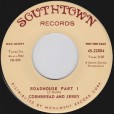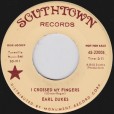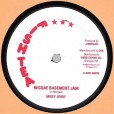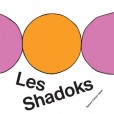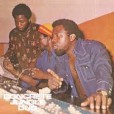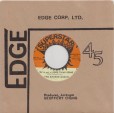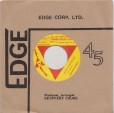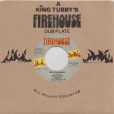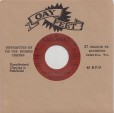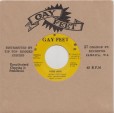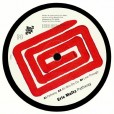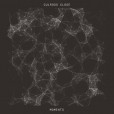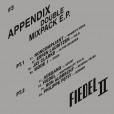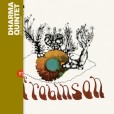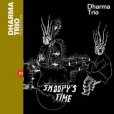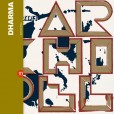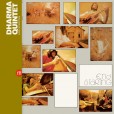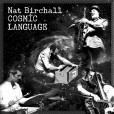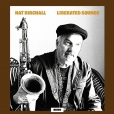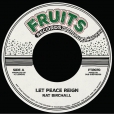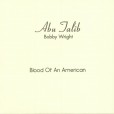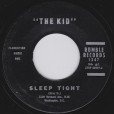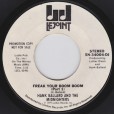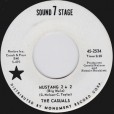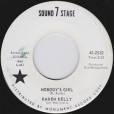Your basket is empty

Originally out on Joe Morgan’s Fish Tea in the mid-eighties, reprising his classic Basement Session for the digital era. Extended mixes, with mean electro bass on the dub.
In its entirety for the first time ever, the soundtrack of the wonderful French TV cartoon series, aired between 1968 and 1974. The GRM luminary goes to town: ‘a fascinating and bizarre collage of wacky electro pop (à la Jean-Jacques Perrey), drones, musique concrète, classical, and dadaist sound experiments seamlessly mixing into a cohesive and cinematic listening experience.’
Tough dubs of a clued-up selection of Techniques rhythms, from 1976, including Stalag, Cheer Up Black Man, and Johnny Osbourne’s interpretation of The Delfonics’ Ready Or Not. Ace.
Young bros Glen, Dalton, Noel, Cleveland and Danny, irresistibly doing over MJ for Geoffrey Chung. ‘She makes my motor purr.’
Superb, soulful, easy-rocking, Philly-dilly reggae. Old-school call-and-answer vocals, full of personality and charm; beautifully arranged, with criss horns. Class.
Monumental Tubbys digi terror. Tougher than Lee Van Cleef. Heavier than lead and cold as ice.
Gorgeous singing by Carlton (from Carlton & The Shoes and The Abyssinians), with tasty nyabinghi drumming in the accompaniment.
“I was writing songs but I didn’t record until 1968. I did one song for Lee Scratch Perry. He gave me £5 and then I didn’t hear anything more about it. Then I went down to Mrs Pottinger, did one song for her named Live and Love on the Gay Feet label. It was played on the radio for a couple of days and it wasn’t going anywhere really because she had some good artists down there at the time and they did some songs that were doing well, so my song wasn’t getting much promotion and it wasn’t being played. I think I heard it twice on the radio and then I didn’t hear it anymore.”
Pure loveliness, deep and stately.
Plus Patsy dishing it straight back to Johnnie Taylor on the flip, with a reworking of Blues In The Night.
Vibesing, jazzy bruk.
Culross… aka K15 from Wild Oats and Floating Points.
“We try to reach within free jazz the same sort of rhythmic cohesion as in bop… based not exactly on tempo, but something which feels like tempo. A kind of underlying pulse.”
This is Dharma’s first LP: from the same neck of the woods as the Cohelmec Ensemble, a mixture of spiritual jazz, free jazz and electric Miles — especially for its keyboards — infused by the anti-authoritarian politics of collectivism and anti-hierarchism.
Saxophonists Jef Sicard and Gérard Coppéré are moonlighting from Claude Delcloo’s Full Moon Ensemble.
Their second LP, released three months after Mr. Robinson in 1970.
Funky jazz-rock — tight, direct, restless. Pianist Patricio Villarroel lays on the Corea / Jarrett vibes; alongside bassist Michel Gladieux and drummer Jacques Mahieux.
‘Winding operations down after End Starting, Archipel is likewise planned-out music, mixing free rock and European free jazz in a series of collective explosions based on abrupt and contrasting improvisations. For much of the time, piano, guitar and saxophone intertwine over intense rhythms. Everything is electric, with the density of On The Corner, and flashes of viciousness all its own.
‘Along with the Cohelmec Ensemble, the Workshop de Lyon, the Full Moon Ensemble, Perception, Armonicord or the Michel Portal Unit, the Dharma Quintet stands out as one of the most important examples of free jazz as it was played in France at the beginning of the 1970s.’
Aka Link Wray.
